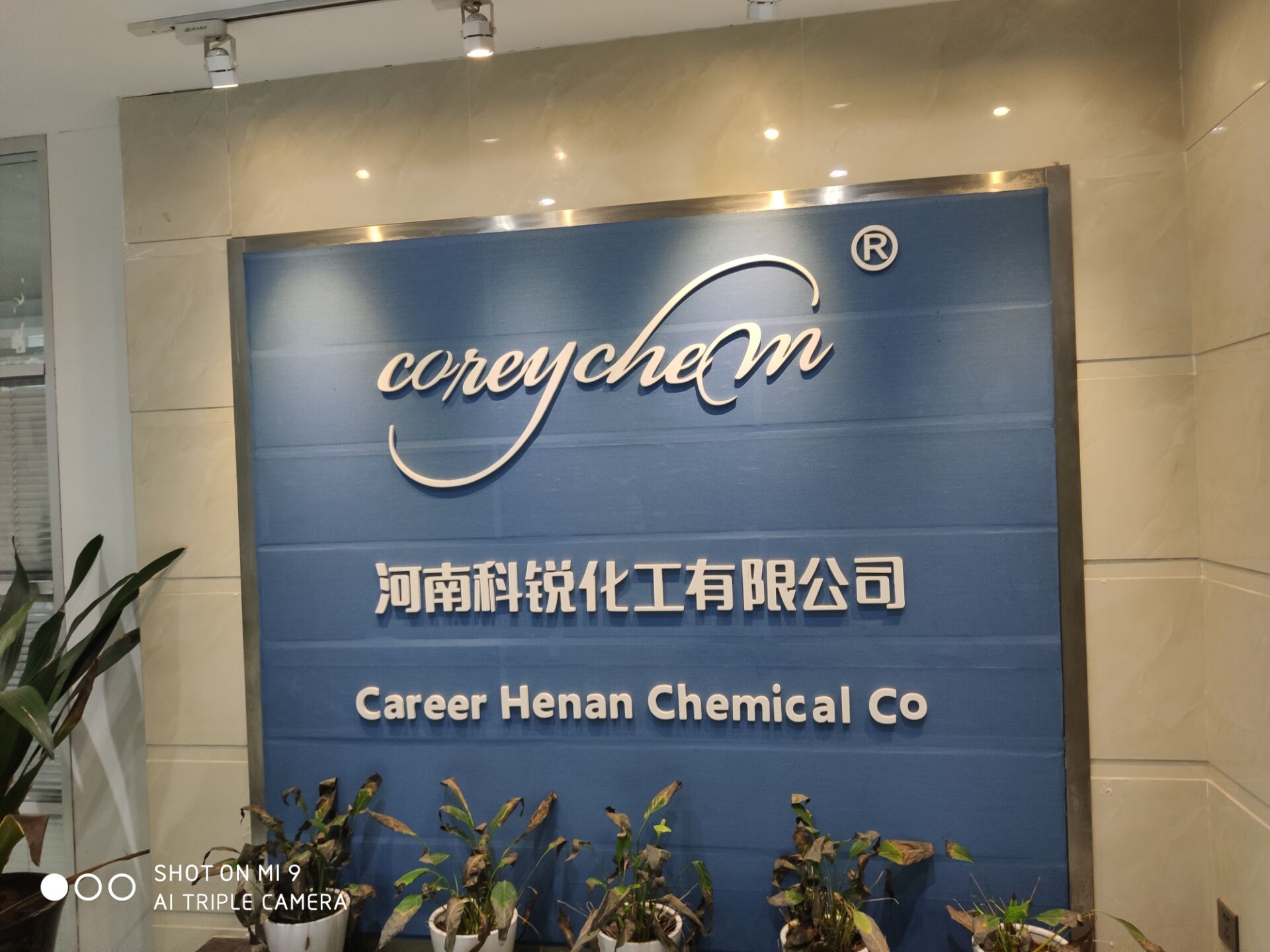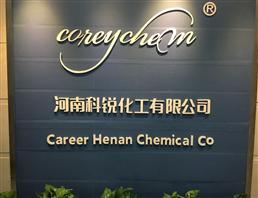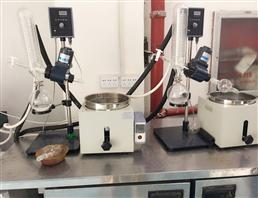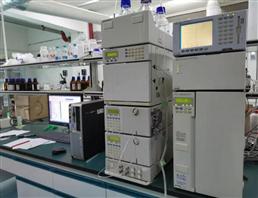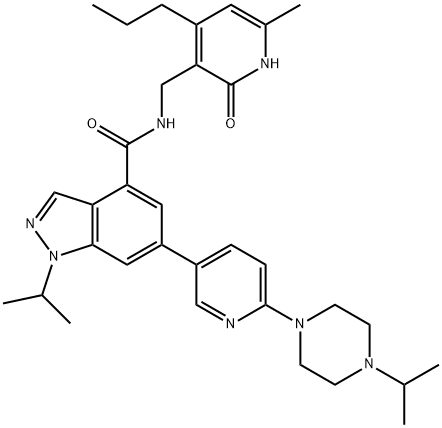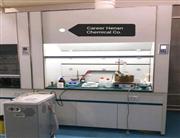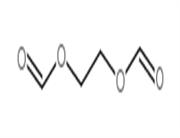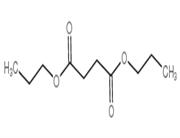Description
UNC1999 is a potent, orally bioavailable and selective inhibitor of EZH2 and EZH1 with IC50 of 2 nM and 45 nM in cell-free assays, respectively, showing >1000-fold selectivity over a broad range of epigenetic and non-epigenetic targets.
Features
The first orally bioavailable inhibitor against wild-type and mutant EZH2 as well as EZH1.
In vitro
UNC1999 is highly potent for both EZH2 Y641N and EZH2 Y641F mutants in vitro. UNC1999 causes concentration-dependent reductions of H3K27me3 in MCF10A cells with IC50 of 124 nM , while shows low cellular toxicity. UNC1999 displays potent, concentration-dependent inhibition of cell proliferation with EC50 of 633 nM in a DLBCL cell line harboring the EZH2Y641N mutant. In addition, biotinylated UNC1999 enriches EZH2 from HEK293T cell lysates, and thus may be used in chemoproteomics studies.
In vivo
Treatment of UNC1999 (150 and 50 mg/kg, i.p.) results in the plasma concentrations of UNC1999 above its cellular IC50 over 24 hours in vivo. In addition, UNC1999 is also orally bioavailable in mice, which makes chronic animal studies more practical and convenient.
Uses
The histone H3 lysine 27 (H3K27) methyltransferase EZH2 plays an important role in regulating gene expression, and its aberrant activity is linked to the onset and progression of cancer. UNC1999 is a cell-permeable EZH2 inhibitor (IC50 = 2 nM) that is 22-fold selective over EZH1 and >1,000-fold selective over other histone methytranferases. UNC1999 has been shown to inhibit H3K27 methylation in MCF10A cells with an IC50 value of 124 nM.[Cayman Chemical]

 China
China

